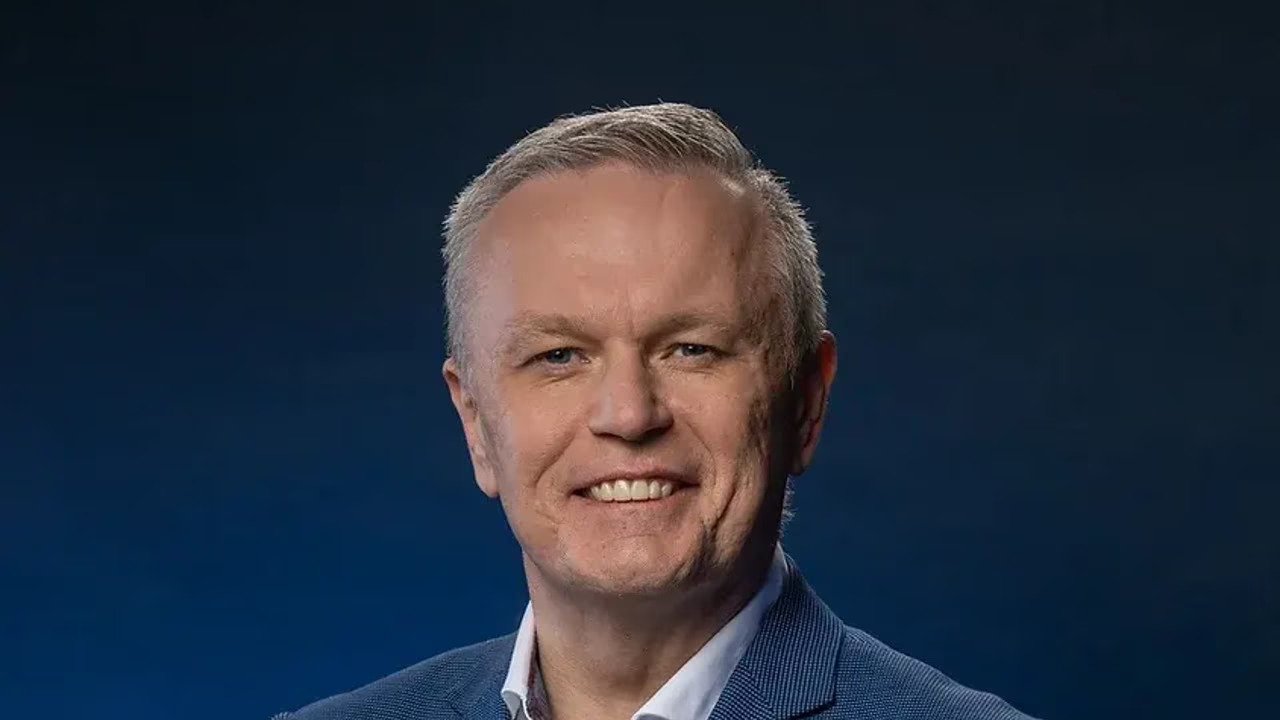Today, the deep tech firm GScan announced it has raised a €3 million seed round from investors like Bolt founder Markus Villig, Japanese corporate venture funds, and existing angel investors.
Founded by a team of CERN physicists, engineers, and entrepreneurs in 2018, GScan uses muons – naturally occurring, harmless cosmic rays – and AI analysis to assess the chemical composition and structural integrity of infrastructure, such as bridges and tunnels.
The deep tech startup provides detailed 3D imagery of assets’ internal structure, enhancing public safety through informed infrastructure maintenance.
GScan CEO Marek Helm explained:
“Muon tomography is a decades-old technology. With the advent of AI and better optical solutions, we have finally managed to commercialise and make viable noninvasive detection of defects and faults in various materials, including concrete and steel.”
GScan is currently working on a maiden project with the UK National Highways, AtkinsRealis, and Jacobs, assessing the integrity of steel components inside a post-tensioned concrete bridge. Concrete is the most abundant and CO2-heavy building material. Repairing an old structure instead of replacing it reduces the costs and CO2 by up to 80 per cent.
For example, more than 460 tonnes of CO2 can be saved by prolonging its lifecycle instead of demolishing and rebuilding one average bridge.
There are 1 million concrete bridges in Europe that are more than 50 years old and need a reduction strategy, meaning the total savings can be more than 460 billion tCO2e. Thus, more precise and reliable information gathered with GScan technology greatly impacts extending the service life or putting the old bridge elements into a circular usage.
In its first major commercial project the firm scanned through 10 metres of concrete and steel for details of two Soviet-era nuclear submarine reactors in Paldiski, Estonia. Achieving accuracies 30 times better that of the former similar projects, GScan set a new benchmark for non-invasive imaging for complex legacy structures.

“We have already been invited to evaluate the potential of inspecting other ageing nuclear reactors in Europe,” added Helm.
GScan is also working with partners to explore further technology applications in areas such as defence, national security, healthcare and space.
The company has also launched the SilentBorder initiative to use myon tomography to find narcotics and other contraband inside shipping containers without manual inspection. Using myon tomography instead of X-rays removes the harmful radiation.
Lead image: GScan CEO Marek Helm. Photo: uncredited.



Would you like to write the first comment?
Login to post comments